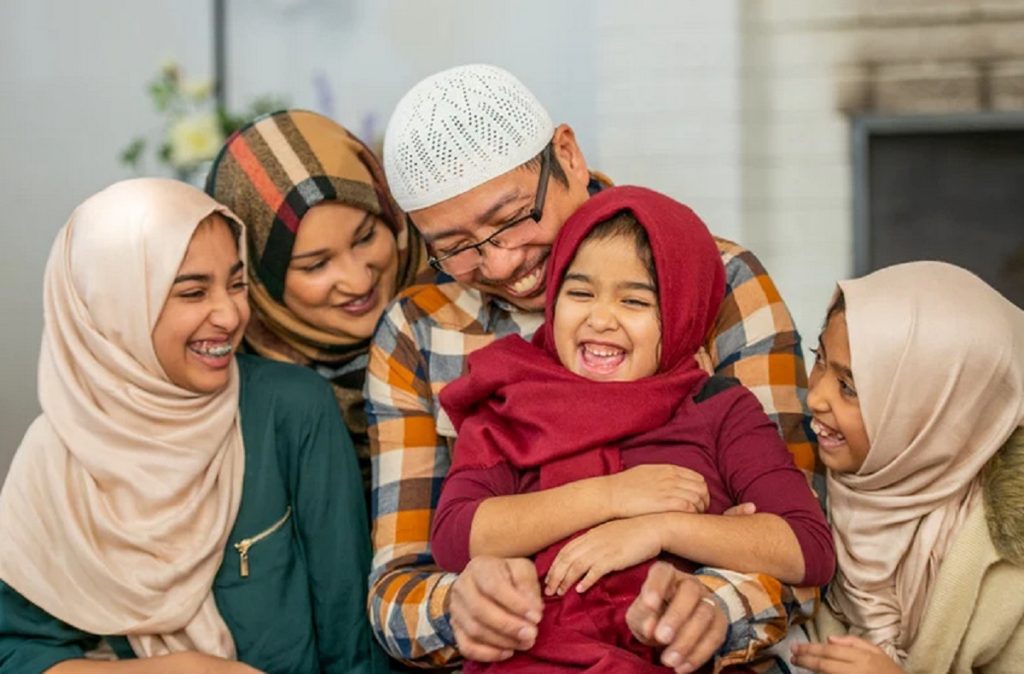For millions of Muslims in the United States, identity is shaped by two powerful dimensions: religious faith and national belonging. Balancing Muslim identity with U.S. nationality has long been both a personal journey and a public conversation — touching on issues of belonging, civic duty, faith expression, and social acceptance. Far from being contradictory, many American Muslims see the integration of their faith and nationality as a sign of strength, cultural richness, and democratic participation.
Historical background — Islam in the American story
Islam’s presence in America predates modern immigration. Roughly 10–15% of enslaved Africans brought to the United States were Muslims. Despite forced conversions and cultural erasure, Islamic faith traces remained in communities of the African diaspora. Later, waves of immigrants from the Middle East, South Asia, Africa, and Eastern Europe in the 20th century expanded the Muslim presence.
Today, American Muslims number around 3.5–4 million, representing every ethnic background and state. They are doctors, teachers, soldiers, entrepreneurs, and civic leaders — contributing deeply to the social fabric of the United States.
The meaning of dual belonging — Islam and American citizenship
1. Faith as moral foundation
For most Muslims, Islam provides a moral framework: justice (adl), mercy (rahma), honesty, and service. These values naturally align with many principles of American civic life such as equality before the law, freedom of belief, and responsibility to community.
2. Citizenship as ethical action
American nationality grants Muslims the rights — and duties — to vote, serve, and advocate. Many Muslims view civic engagement as part of Islamic responsibility — standing for justice (qist), supporting community welfare (maslaha), and protecting others’ freedoms.
3. Integration vs. assimilation
Muslims often stress integration (participating fully in society while keeping faith) over assimilation (erasing difference). In practice, this means building mosques, wearing hijab, celebrating Eid publicly, and teaching children both Qur’anic ethics and civic pride.
Challenges in identity formation
1. Stereotypes and Islamophobia
Since 9/11, Muslims have faced heightened scrutiny and prejudice. This has shaped identity formation — pushing many Muslims to assert their faith more proudly while educating others about Islam.
2. Generational identity shifts
Younger American Muslims — born or raised in the U.S. — often navigate between cultural traditions and American social life. For them, “being Muslim and American” is not a contradiction but a layered identity. Mosques, student groups, and digital platforms have become vital spaces for self-expression and community dialogue.
3. Political participation and representation
From Keith Ellison, the first Muslim congressman, to Ilhan Omar, Rashida Tlaib, and local Muslim mayors, representation has become a powerful symbol of belonging. These leaders demonstrate that Muslim identity and American nationality coexist in the democratic sphere.
How American Muslims express identity today
-
Mosques and Islamic centers function as both religious and civic spaces — hosting interfaith events, charity drives, and voter registration.
-
Halal markets, schools, and cultural festivals reflect how Muslims maintain religious life while embracing the American marketplace and community life.
-
Art, literature, and media — Muslim authors, comedians, and filmmakers challenge stereotypes while narrating authentic American Muslim experiences.
Muslim identity and national pride
Contrary to misconceptions, most American Muslims report strong pride in being U.S. citizens. Surveys (e.g., Pew Research Center) show that over 80% of Muslims express pride in their nationality while maintaining deep attachment to their faith. This reflects an emerging synthesis — Islam as a spiritual compass and America as a civic home.
For many, patriotism means ensuring that U.S. values live up to their ideals — advocating for justice, equality, and peace both domestically and globally.
Looking forward — faith, identity, and coexistence
Muslim identity in America continues to evolve. As demographics diversify and younger generations lead civic organizations, American Islam is moving toward a confident, integrated model: rooted in faith, loyal to the nation, and open to all communities.
The future lies in deeper education, interfaith engagement, and continued political and social participation — ensuring Muslims are not seen as outsiders but as essential contributors to the nation’s story.

